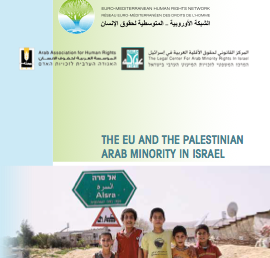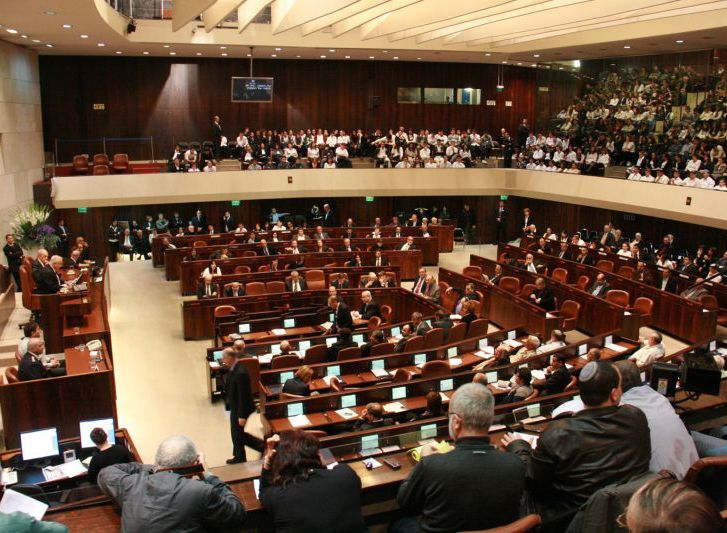An Anti-Human Rights Year for the Israeli Supreme Court
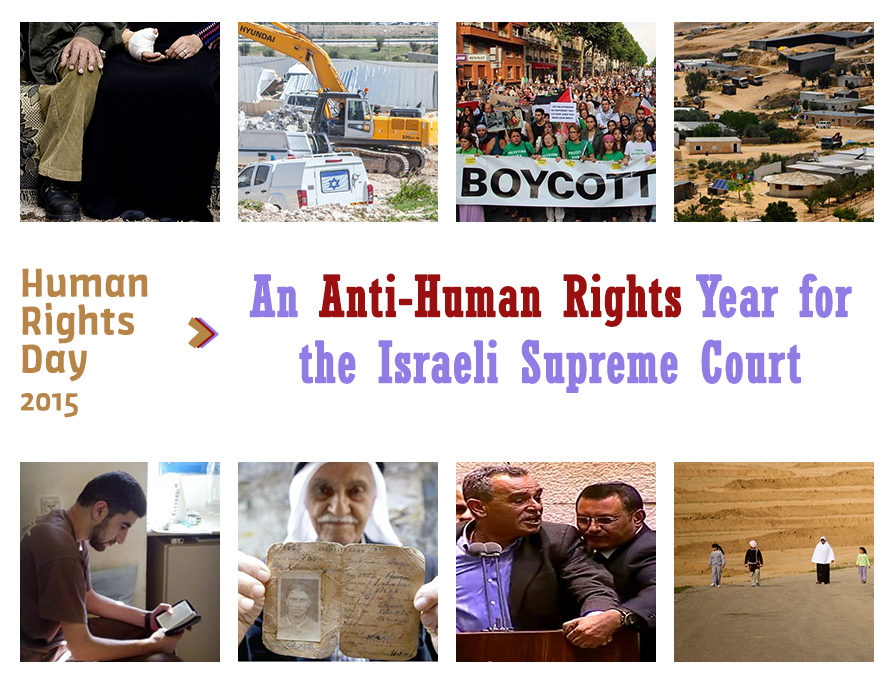
On this International Human Rights Day, it is difficult to count Israel's violations of the rights of the Palestinian people. Although much attention has been given to the repressive policies of the Israeli government and the racist incitement of Knesset members, less attention has been given to the role of the Israeli legal system in enshrining discrimination and violations against Palestinian human rights, whether they are citizens of Israel or living under occupation.
On Human Rights Day, Adalah has compiled a summary of 10 unjust and discriminatory decisions made by the Supreme Court in 2015, on petitions filed by Adalah and other partner organizations.
1. The Electoral Threshold Law
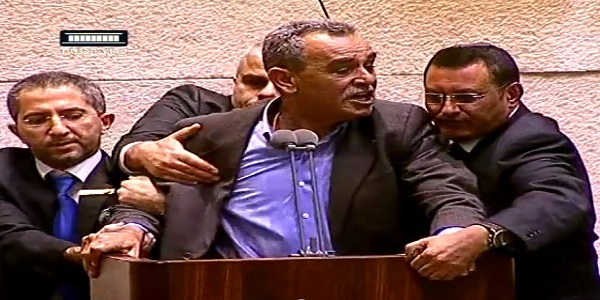
Photo by: Knesset Channel
In January, the Supreme Court rejected a petition against the Electoral Threshold Law, which raised the minimum threshold for parties to enter the Knesset from 2% to 3.25%. The Court's ruling forced Palestinian citizens of Israel to forfeit their right to multi-party representation, with different ideologies and platforms, and to integrate their 4 main political parties into a single electoral list, in order to obtain seats and representation in the Knesset.
The decision (Hebrew): http://elyon1.court.gov.il/files/14/660/031/s13/14031660.s13.htm
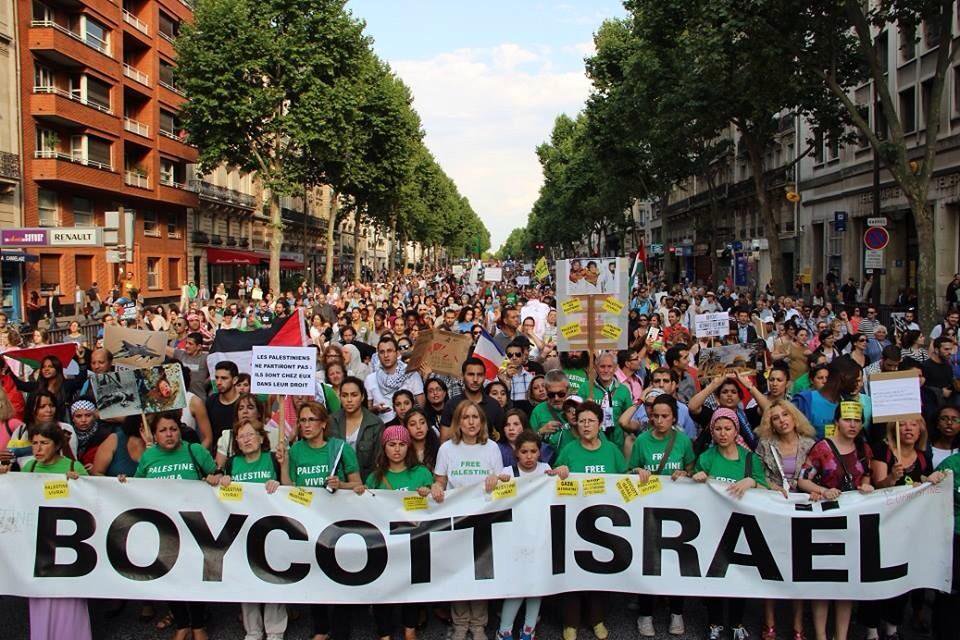
In April, the Supreme Court rejected a petition against the Anti-Boycott law, which allows Israelis to sue individuals and groups who call for economic, cultural or academic boycotts of Israel's West Bank settlements or of Israel itself. The Court asserted that boycotts amounted to "political terror," ignoring the nonviolent and legitimate nature of this act of freedom of expression, and the efforts by many to use boycotts to pressure the state to end its military occupation and racist policies.
The decision (Hebrew): http://elyon1.court.gov.il/files/11/390/052/k21/11052390.k21.htm
3. The Absentee Property Law in East Jerusalem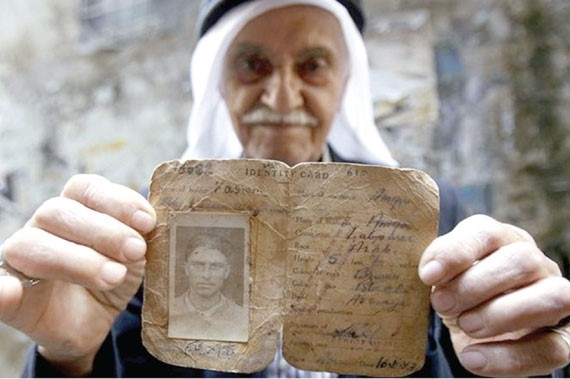
Photo by: AFP
In April, the Supreme Court approved the government's policy of applying the Absentee Property Law of 1950 in occupied East Jerusalem, thereby allowing the state to confiscate the properties of Palestinians in the city if the owners currently live in the West Bank. Israel "annexed" East Jerusalem following its occupation of the city in 1967, and has since pursued a policy of separating it from the occupied West Bank geographically, socially and politically. The purpose of the confiscations is to facilitate further building of Jewish settlements on occupied territory.
The decision (Hebrew): http://elyon1.court.gov.il/files/06/310/059/s48/06059310.s48.htm
4. Banning Higher Education for Security Prisoners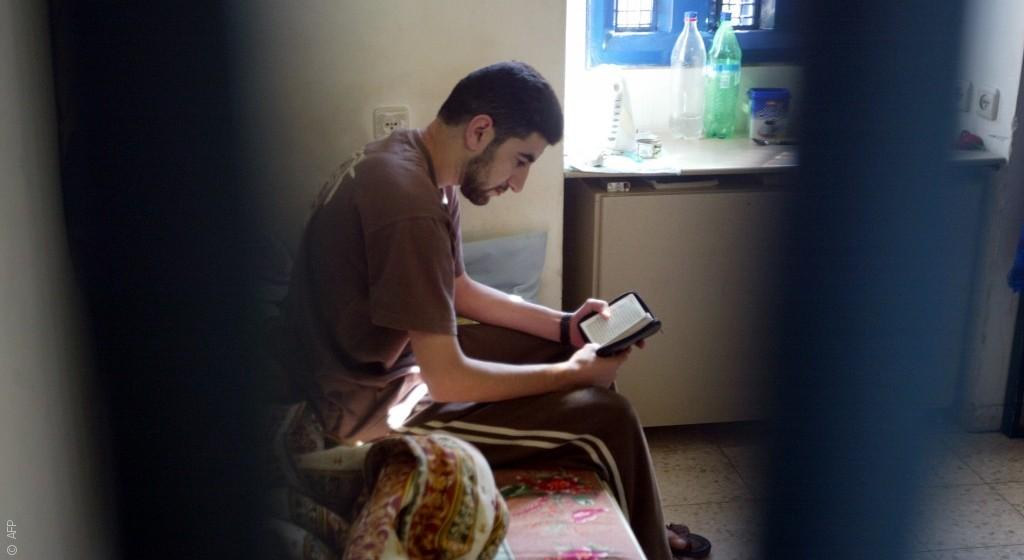
In April, the Supreme Court adopted the position of the General Security Service (Shin Bet or Shabak) in its decision to dismiss a petition against the ban on Palestinian security prisoners from pursuing higher education in prison. The Court claimed that the distinction between criminal prisoners and security prisoners (the vast majority of whom are Palestinian) was "legal and legitimate," and that denying education to security prisoners was proportionate and reasonable.
The decision (Hebrew): http://elyon1.court.gov.il/files/13/040/002/c25/13002040.c25.htm
5. Demolishing Atir & Umm al-Hiran
In May, the Supreme Court approved the government's plan to demolish the twin unrecognized Bedouin villages of Atir and Umm al-Hiran, in order to expand the man-made forest 'Yatir' and build a Jewish town named 'Hiran' over their ruins. The Court's ruling sanctions the demolition of dozens of homes and the forced displacement of 1,000 Bedouin citizens of Israel. The decision was made despite the fact that the state moved the Bedouin families to their current lands in 1956 after expelling them from their village of Khirbet Zubaleh in 1948, and that the Court acknowledged that the residents were not 'trespassers.' The Court's ruling violates the Bedouins' right to dignity and to housing, and legitimizes the government's racist policy of displacement against unrecognized villages.
The decision (Hebrew): http://elyon1.court.gov.il/files/11/940/030/T20/11030940.T20.pdf
6. Denying Land Claims of the 'Uqbi Family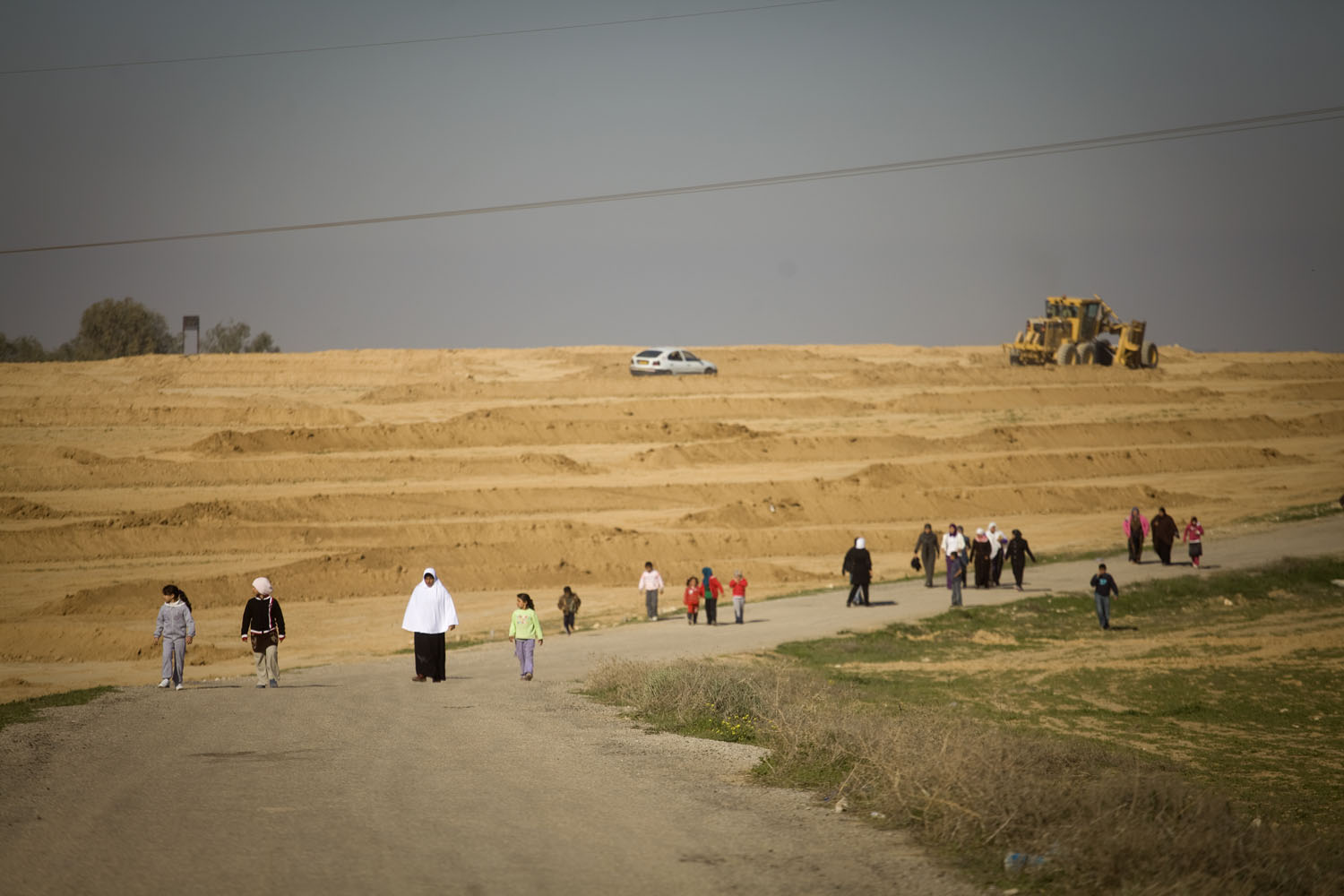
Photo by: End Demolitions Now
In May, the Supreme Court rejected an appeal by the 'Uqbi family, Bedouin citizens of Israel, to proclaim the family's ownership of 1,000 dunams of land in the Naqab. The Court refused to recognize the family's historical ownership of the land, even though the family had owned the land before 1948. The Court's decision further disregarded the UN Declaration on the Rights of Indigenous Peoples by refusing to recognize the land claims.
The decision (Hebrew): http://elyon1.court.gov.il/files/12/200/042/v29/12042200.v29.htm
7. Banning Family Unification for Palestinians from Gaza
Photo by: Jenny Nyman
In June, the Supreme Court dismissed a petition by Hamoked against a government decree that ordered the Interior Ministry not to approve requests for Palestinian family unification if one of the parents or spouses was from the Gaza Strip. The decree essentially treats all civilians from Gaza as a security threat in a sweeping and discriminatory manner, instead of dealing with individuals on a case-by-case basis, and gravely violates the Palestinians' constitutional right to family life. The Court justified its decision on the basis that the security conditions in Gaza have not changed, and therefore the government does not need to change its policy.
The decision (Hebrew): http://www.hamoked.org.il/files/2015/8886.pdf
8. Conviction of Former MK Said Nafaa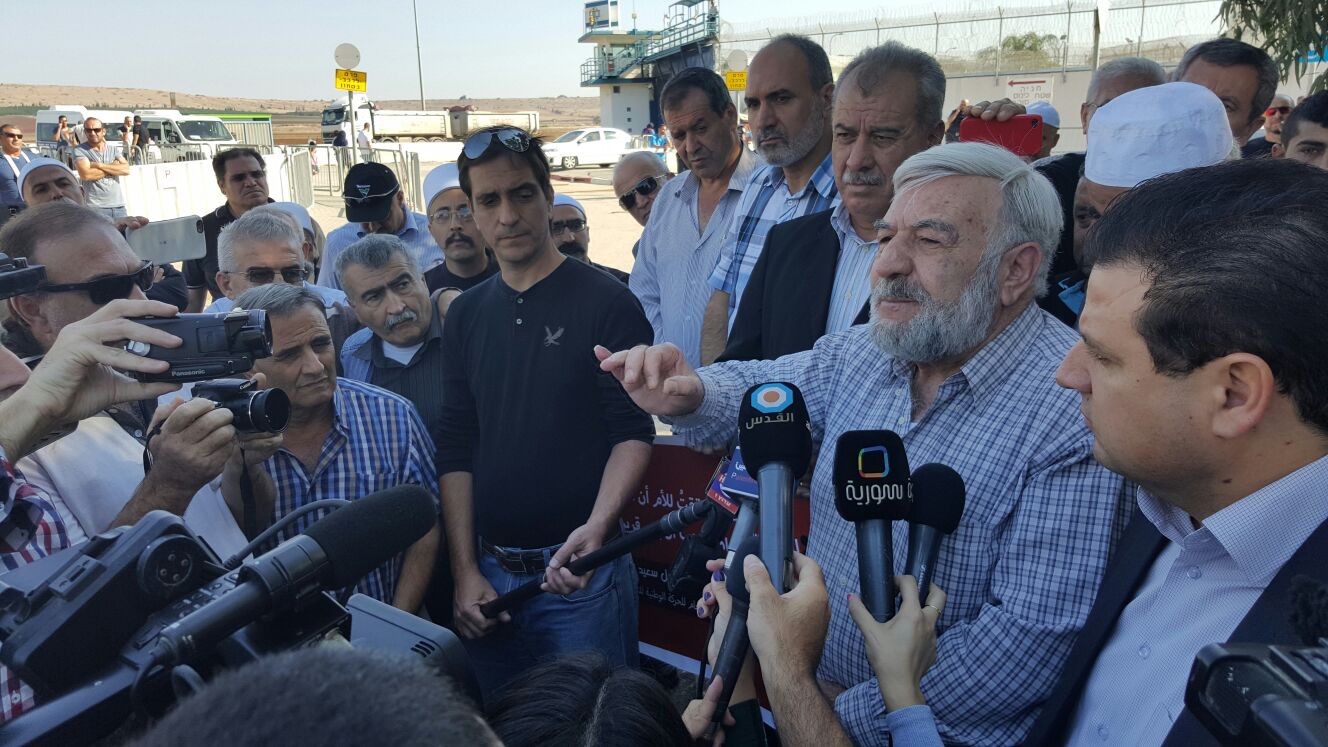
Photo by: Atta Farhat
In August, the Supreme Court rejected an appeal by former Member of Knesset Said Nafaa to overturn a District Court's decision to convict him for traveling to Syria, an 'enemy state,' where he organized a visit with Druze clerics and public figures to holy sites and met with Palestinian political figures defined by the law as 'foreign agents.' The Court acknowledged that MK Nafaa's meetings did not have any security elements or repercussions; however, the Court nonetheless chose to criminalize the Palestinian community's right to political representation and activities, and the right to have connections with people of their nation in the Arab region.
The decision (Hebrew): http://elyon1.court.gov.il/files/14/330/068/T08/14068330.T08.pdf
9. Administrative Detention of Palestinian Citizen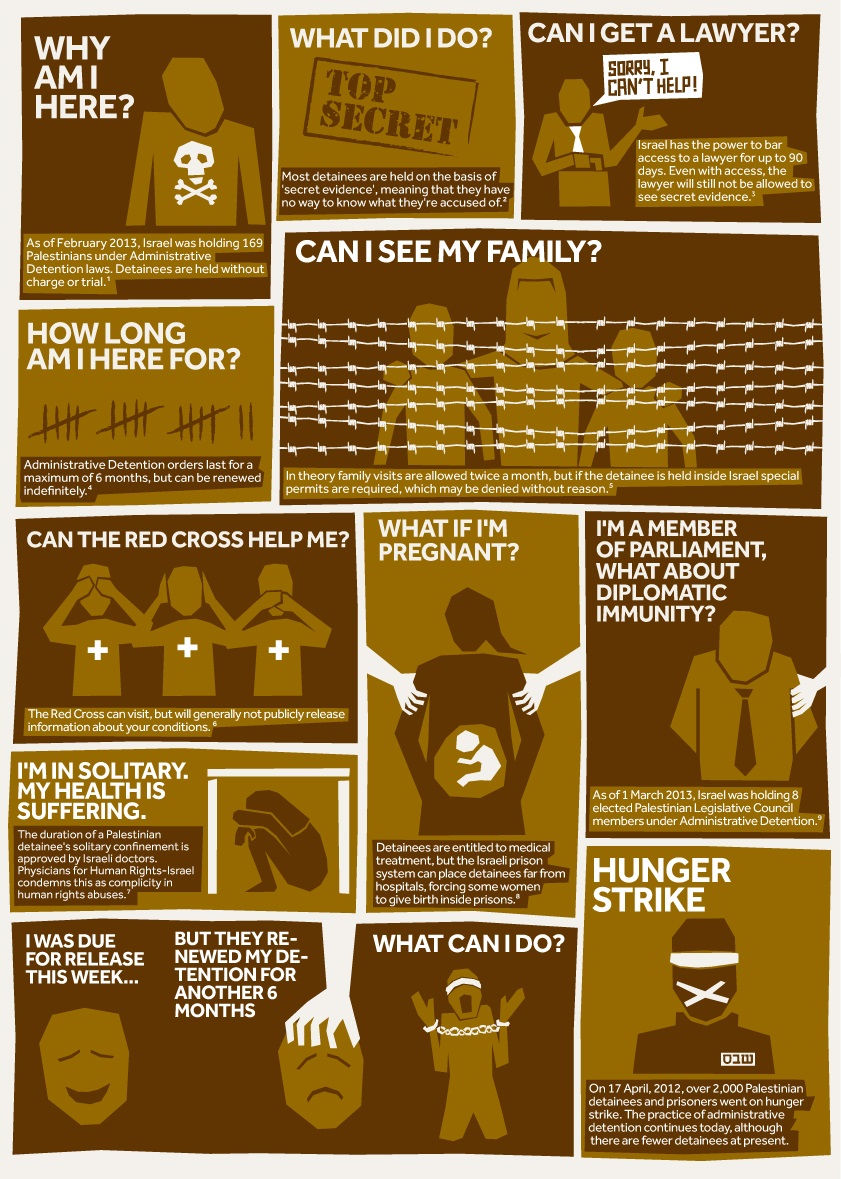
Photo by: Visualizing Palestine
In October, the Supreme Court approved the extension of a 3-month administrative detention order against A.H., a 19 year old Palestinian citizen of Israel, because of a text message of a political nature that she sent to her brothers, which the Israeli security service claimed posed a threat to security. The Court's decision legitimizes the use of the Emergency Regulations of 1945 in order to arrest citizens without sufficient evidence to convict them of criminal offenses, thereby violating the citizens' basic right to due process.
The decision (Hebrew): http://elyon1.court.gov.il/files/15/940/070/m01/15070940.m01.htm
10. Home Demolitions as Collective Punishment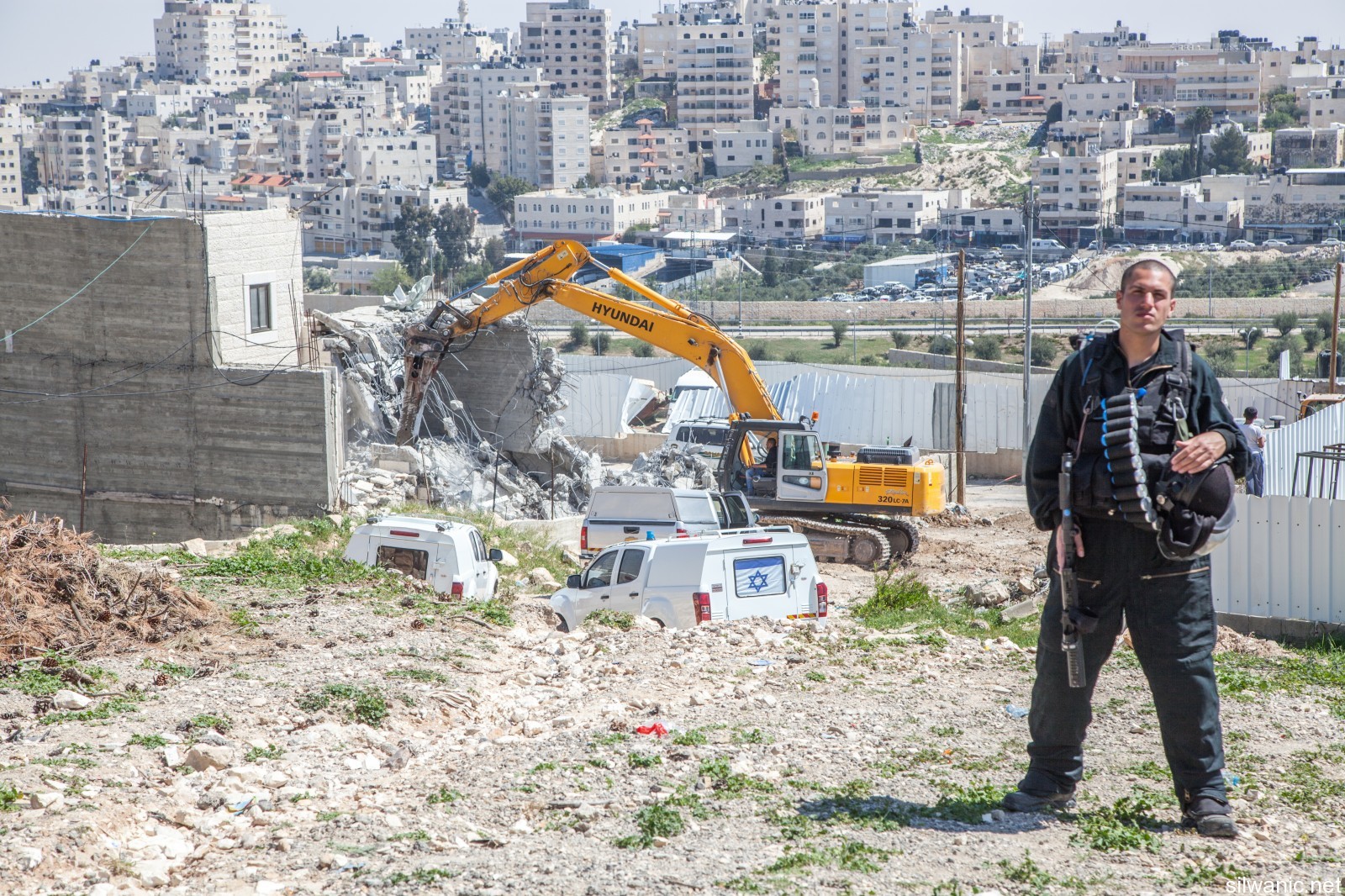
Photo by: Silwan Website
In November, the Supreme Court rejected a petition to reconsider its decision to allow the government's policy of demolishing the homes of families of Palestinian individuals who were suspected, accused or convicted of carrying out attacks against Israel or its citizens. The decision allows the state to carry out demolitions as a punitive and retaliatory measure, which amounts to collective punishment. The petitioners consider the policy to be a severe violation of international humanitarian law and international criminal law.
The decision (Hebrew): http://elyon1.court.gov.il/files/15/600/003/C03/15003600.C03.htm













